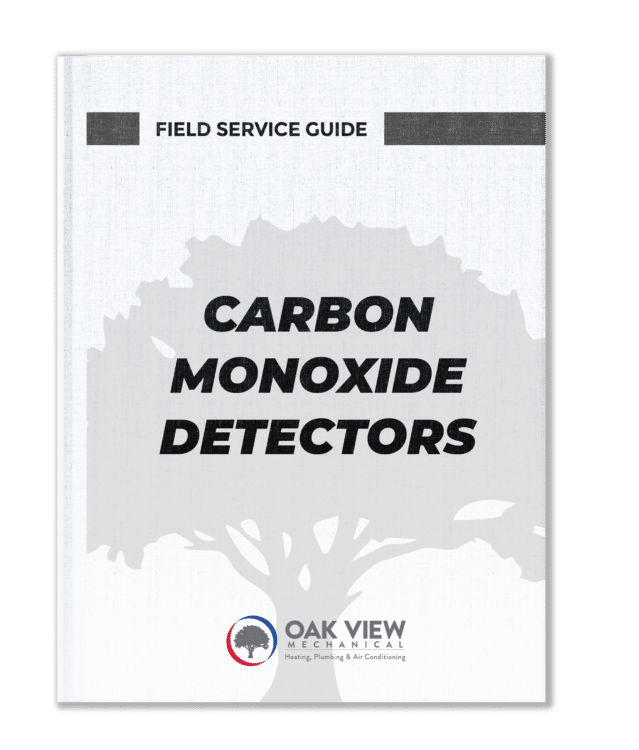Carbon Monoxide Detectors
A carbon monoxide alarm constantly samples the air, monitors for the presence of carbon monoxide, and sounds an alarm when carbon monoxide is detected at dangerous levels.

Colorado House Bill 09-1991 requires that carbon monoxide detectors/alarms be installed in all Residential Properties. This law became effective July 1, 2009.
The law requires homeowners and owners of rental property to install carbon monoxide alarms near the bedrooms in every home, (or other room lawfully used for sleeping purposes), that is heated with fossil fuel, has a fuel-fired appliance, has a fireplace, or has an attached garage. Fossil fuels include coal, kerosene, oil, gas, and wood.
Carbon monoxide alarms may be similar in size and shape to a smoke detector. A carbon monoxide alarm constantly samples the air, monitors for the presence of carbon monoxide, and sounds an alarm when carbon monoxide is detected at dangerous levels.
Key Considerations
- Make sure your carbon monoxide detector is installed properly.
Carbon monoxide alarms must be installed in one of the following ways:- Wired directly into the home’s electrical system
- Directly plugged into an electrical outlet (does not require a switch other than a circuit breaker)
- Any battery-powered alarm can be attached to the wall or ceiling of the home. Alarms installed in this manner must comply with the National Fire Protection Association standard 720, or a successor standard for the operation and installation of carbon monoxide alarms.
- Make sure they’re installed near sleeping areas.
This law requires that an operational carbon monoxide alarm be installed within 15 feet of the entrance to each bedroom (or other room lawfully used for sleeping purposes), or in any location otherwise specified by a state or local building code. - Test your alarms regularly.
Test carbon monoxide and smoke alarms annually to make sure they are operational. Replace the battery in your home’s carbon monoxide and smoke alarms annually. Not all carbon monoxide alarms have batteries.
While these maintenance procedures outlined within are manageable by homeowners, we recommend that they be performed by licensed HVAC contractors, who also run diagnostic tests to ensure that the system is operating optimally.
Need Further Assistance?
Need a little more guidance from a professional? Our licensed technicians are ready to help.

